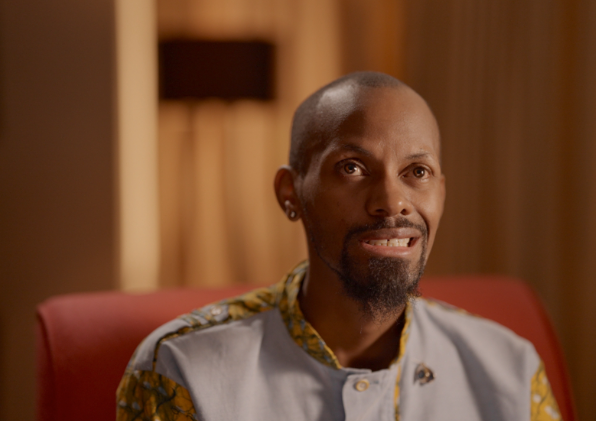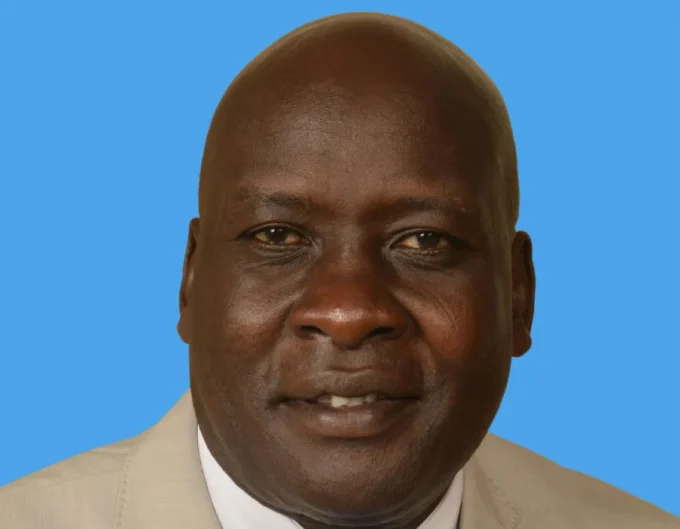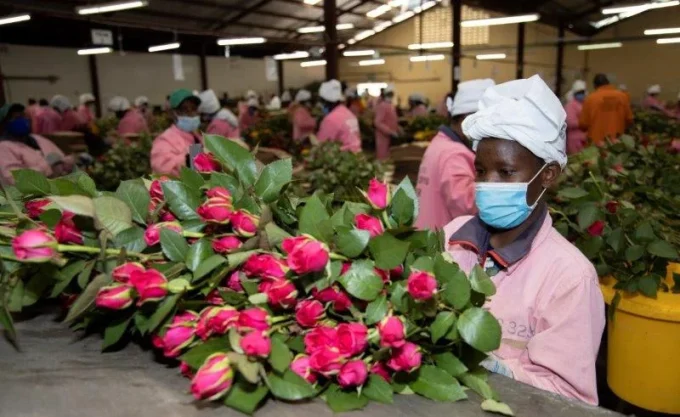The first episode of Nilichoma, now streaming on Showmax, follows Stephen Kevogo, a marketer who, while earning Ksh 800,000 a week, became addicted to drugs, women, and alcohol, losing his family and job as a result.
Nilichoma, the first-ever Showmax Original docuseries in Kenya, features well-known personalities in Kenya who received an unexpected windfall, and then blew it all. The docuseries is co-produced by Ahmed Deen (Midlife Crisis) and Isaya Evans, known for his work as a director and casting director in shows like Igiza and Country Queen.
More personalities to look forward to in the 13-part docuseries include cricket icon Maurice Odumbe; comedian JB Masandaku; David Ogot, son to renowned author and politician Grace Ogot; former Samburu millionaire Gabriel Lengishili and more.
We caught up with producers Deen and Evans who shared more about bringing Nilichoma and its larger-than-life personalities to life.
Looking at the subject matter of Nilichoma, how did you choose the specific personalities featured on the show?
Deen: We had two main criteria for the series: that the people blew a significant amount of money (at least Ksh 1 million) in a short period of time and that they had very strong characters. From the pool of stories brought together by our research team, along with the curation from the content director, we then set up pre-interviews to get to know the personalities better and select our 10.
Losing money can be a very embarrassing topic. How did the featured personalities react to being part of the docuseries? Were they open about their experiences?
Evans: To be very honest, everyone was somewhat cautious and cagey at first. Once we explained that it was about their experiences being shown in an authentic light, without disparaging them or their situation or making something that would poke fun at them and the life they had chosen, they opened up. Something that was very clear to us was that we would be dealing with traumatising incidents within people’s lives.
There was a certain amount of respect to be accorded to these personalities, an acknowledgement of the difficulties they were going through and what was to come ahead of them. With that in mind, we granted them full access to a therapist while also making a safe space for them to feel comfortable in.
JB Masanduku and Maurice Odumbe are some of the biggest personalities in Kenya. How did you convince them to join the show and share their stories? In short, what was your elevator pitch?
Deen: Our elevator pitch to them was, “Wouldn’t you like the world to know the other side of your story? The side you think about at night, the part no one but yourself knows?” As they absorbed the words, you could see them getting past their initial fear of the truth and possible embarrassment into how the world would perceive them after.
In the end, for someone like Maurice, all he wanted was his truth to be shared, to get an opportunity to speak out for himself. Same thing for JB.
What was the research process like for uncovering the stories behind these personalities?
Evans: We were lucky to have mentorship programmes with producers from other countries who have done the format before, thanks to Showmax. We therefore knew what to look for and how to go about it. Our team of researchers led by James Kimani then went on to unearth the stories.
There was a lot of research into case studies of similar situations, follow-ups on towns that experienced booms like this. All in all, it was very interesting to uncover the effect money has on people.
Read: Africa Magic Awards: Most Kenyan Nominees Ever as Showmax Originals Dominate
>>> Showmax Announces First Original Telenovela In Kenya, Second Family












Leave a comment